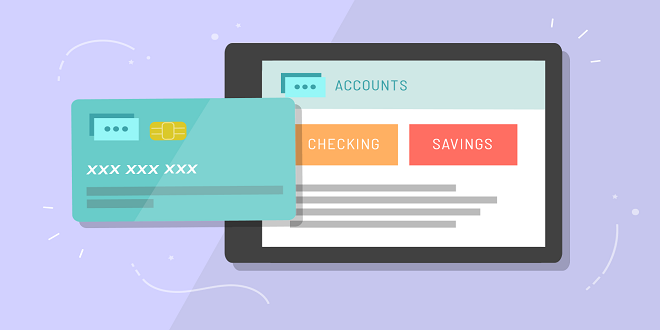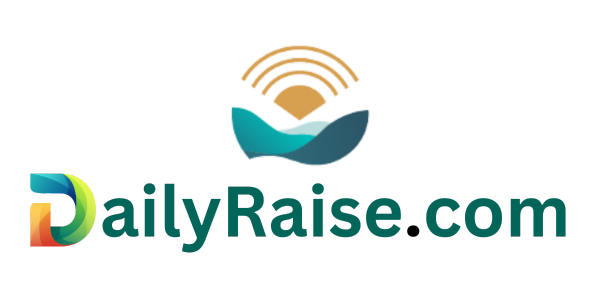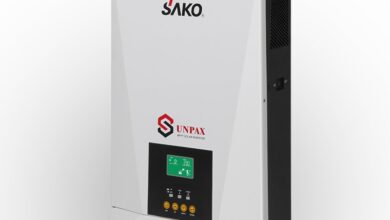
Doing Business with Banks
As you can imagine, it just makes sense to be familiar with all of your bank’s different services — and their corresponding fees. That way you can determine which account best accommodates your needs. The following sections give you some basic (but important) info on bank accounts, including the types available and how to maintain them.
Exploring the types of business bank accounts available
Most banks offer many different options for large and small businesses. It’s up to the individual business to decide which type of account or accounts to use based on the type of balance the business can maintain and the types of services it uses most frequently. A good business manager will choose wisely when it comes to the types of accounts, and he or she will see that all the minimums and other requirements are met.
The small business checking account
When a business is relatively small or just starting up, the small business checking account makes sense, because it requires a minimum daily balance of only $50 or $100. The small business checking account is usually noninterest-bearing, and you assume that you’ll make few actual transactions. The bank may set a limit of 100 or 200 transactions, which are free of charge, and then it will charge for any transactions in excess of the limit
The basic business checking account
A business that’s well established or involved in a moderate level of activity will use a checking account that has a higher minimum balance accompanied by corresponding increased services.
The commercial checking account
Accounts for businesses that have large volumes of deposit and check writing activity fall into the commercial category of checking accounts. The minimum daily balance may be as low as $100, but the potential for earning interest on the funds in the account occurs if the daily balance stays above some higher amount, such as $1,500 or $2,000. Commercial accounts usually offer unlimited credit and debit activity.
The business interest checking account
Businesses that can depend on having large daily balances — and that need to keep funds fluid — can arrange for a business interest checking account. With this type of account, businesses can get increasing interest rates depending on the amount of money kept in the account. For example, a rate of 0.37% may be paid if the balance is less than $25,000, and the increments may increase to 0.55% if the balance exceeds $250,000. Fees may or may not be charged on these accounts.
The community checking account
Most banks offer special accounts, called community checking accounts, for nonprofit, religious, and other community organizations that have a moderate level of deposit and check-writing activity. Such accounts usually waive any fees as long as the business keeps a minimum balance of $50 or $100 in the account. However, businesses often have the potential for earning interest if the amount in the account exceeds a predetermined amount such as $1,500 or $2,000.
Last word
When a business wants to earn decent interest on deposited money but still wants to keep it relatively fluid (not invested in a bond or CD), the business savings account is the way to go. The rate of interest depends on the amount in the account, and the business can avoid service charges if a minimum balance is maintained.





